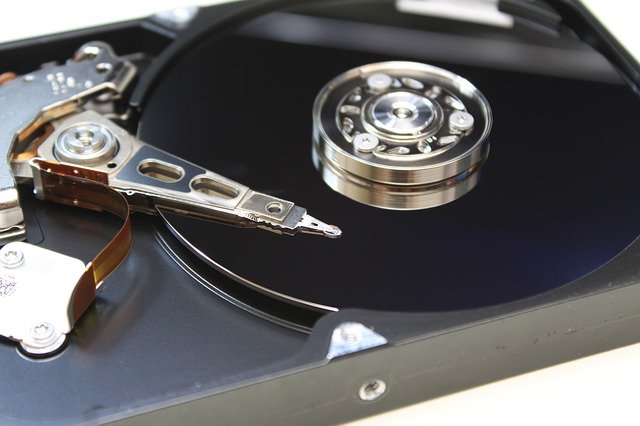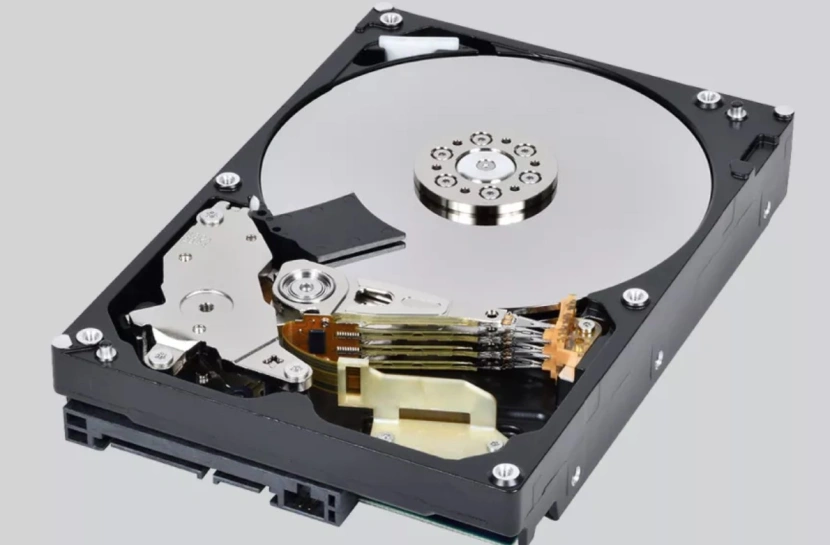Toshiba: 26TB hard drives this year, 40TB hard drives in five years

Toshiba: 26TB hard drives this year, 40TB hard drives in five years
Toshiba focuses on the further development of hard drives.

Toshiba has announced its plans to continue developing hard drives. Plans for the next five years.
The company expects to rapidly increase hard drive capacity for close applications by adopting new technologies and increasing the number of plates per drive. The immediate plan is to offer a 26TB hard drive by the end of fiscal year 2022 (maybe only early 2023). Meanwhile, a 40TB hard disk will be on sale until 2027.
Check also:
Check: PESEL generator
There are two ways to increase the capacity of a hard drive: using higher density platters and/or installing more platters on the hard drive. Traditionally, hard drive manufacturers use both methods.
Currently, the largest drives in Toshiba’s offering are the 18TB models. It is equipped with nine aluminum cymbals that use FC-MAMR (FC-MAMR) technology.
Toshiba’s next step will be to announce a 20TB drive, which will also be based on the FC-MAMR, but will use 10 platters to increase capacity. Let’s add that WD and Seagate have been offering 20TB of drives for several months.
See TPM 2.0
By the end of fiscal year 2022, which ends on March 31, 2023, Toshiba will offer 10-cylinder hard drives with a capacity of 26 TB. This technology will use MAMR microwave-assisted switching (MAS-MAMR). The flaps and heads themselves will also change. At the same time, the company wants to keep up with the pace and intends to offer an 11-disk drive with a capacity of 30 TB in the coming years (by the end of fiscal year 2024). Toshiba will later switch to Heat Assisted Magnetic Recording (HAMR) technology, which will allow further development of hard drives.
The company deals with this type of drive primarily to cloud service providers. He learns about capacity and performance requirements in detail, and then tries to meet them. Remember that hard drives are still much cheaper when it comes to archiving data and that SSDs are not able to match.



